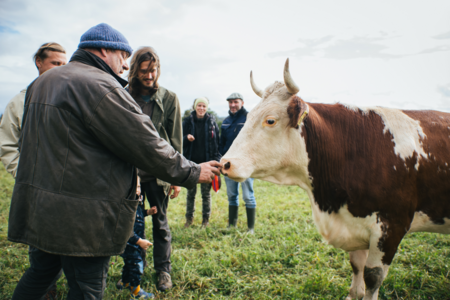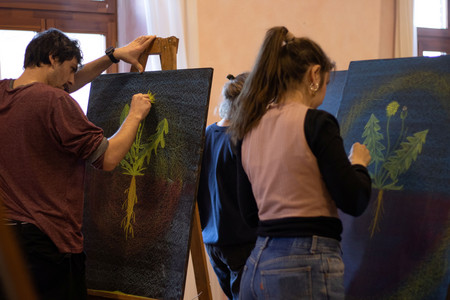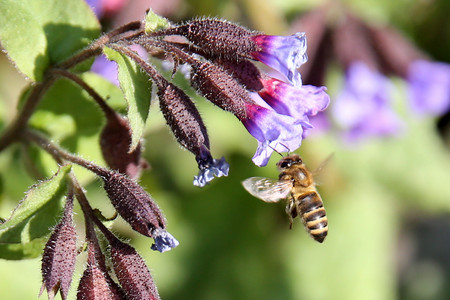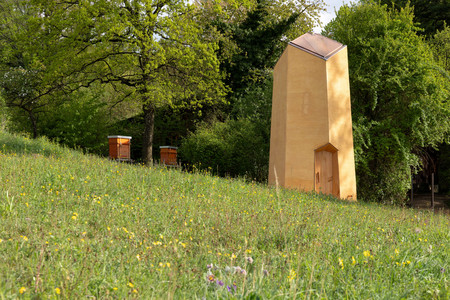Between WhatsApp and values education: Strengthening media education in Waldorf kindergartens
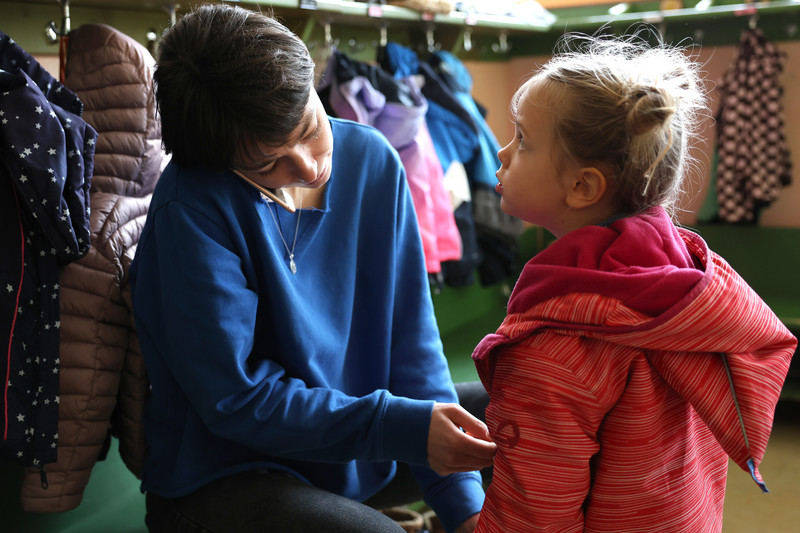
Digital media have long been part of everyday family and daycare life - often unspoken, sometimes unreflected. The new project "Medienmündig werden" by the Association of Waldorf Kindergartens provides valuable suggestions for a conscious approach to media in early childhood education with well-founded materials and practical questions.
While until a few years ago it was still considered progressive to establish more and more screen media in schools and even daycare centers, today the reflective handling of the associated challenges is gaining in importance. Instead of one-sided demonization, a critical and balanced attitude is required: How can parents and professionals be empowered to accompany children appropriately - in order to protect them from harmful influences and at the same time make them fit for the media age in the long term?
This is precisely where the new project "Becoming media literate - fields of action and impulse questions for Waldorf kindergartens" from the Association of Waldorf Kindergartens comes in. The aim is to provide member institutions with sound and practical support in the individual development of professional and pedagogically sustainable media concepts. This includes several levels: conscious awareness of current practice, empowerment of children to prevent digital risks and respectful communication within the team and with parents.
In cooperation with media educator Prof. Dr. Paula Bleckmann from Alanus University in Alfter, extensive materials have been developed for this purpose, which build on the concept of media fatigue that she established. "This gives Waldorf childcare facilities the great opportunity to find tailor-made solutions with professional support," emphasizes SAGST project manager Elke Rahmann. "In this way, no ready-made concept is imposed on them, but a valuable awareness process is stimulated in which the educators can contribute their own experience, skills and resources."
The core of the project is an extensive collection of around 80 impulse questions on index cards, which are divided into six central fields of action - from media-related parental work to promoting children's resilience and team reflection. These are supplemented by a booklet with introductory texts and background information. To ensure that the material finds its way into kindergartens, the association's specialist advisors will meet for a training weekend at the beginning of February 2026. They will then support nursery teams throughout Germany in implementing "Medienmündig werden" - whether in in-house seminars, specialist days or regional conferences. Thanks to the grant from SAGST, every Waldorf daycare facility will receive a copy of the material if the staff undergoes further training in one of the formats offered.

